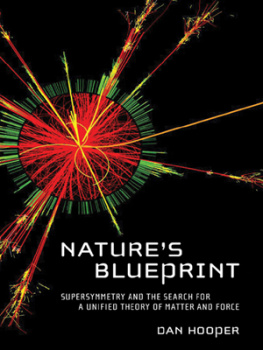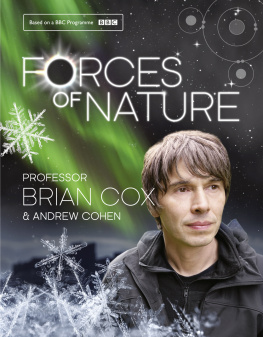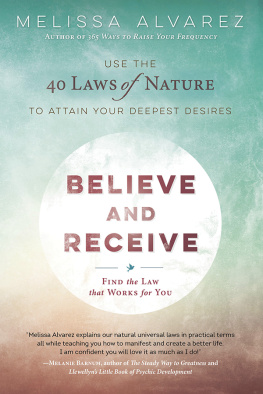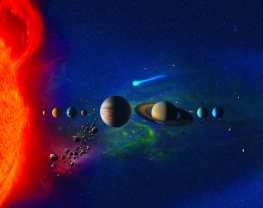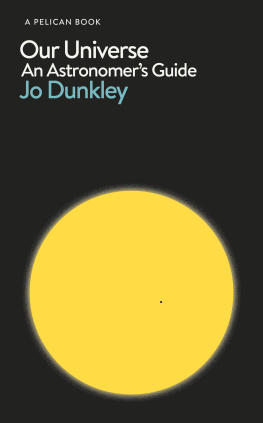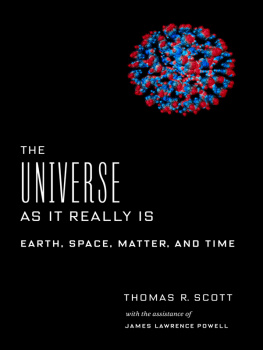William Collins
An imprint of HarperCollinsPublishers
1 London Bridge Street
London SE1 9GF
WilliamCollinsBooks.com
This eBook edition published by William Collins in 2017
Text Brian Cox and Andrew Cohen 2016
Photographs individual copyright holders
Diagrams, design and layout HarperCollins Publishers 2017
By arrangement with the BBC.
The BBC logo is a trademark of the British Broadcasting Corporation and is used under licence.
BBC logo BBC 2014
The authors assert their moral right to be identified as the authors of this work.
Cover image Shutterstock
A catalogue record for this book is available from the British Library.
All rights reserved under International and Pan-American Copyright Conventions. By payment of the required fees, you have been granted the non-exclusive, non-transferable right to access and read the text of this eBook on-screen. No part of this text may be reproduced, transmitted, downloaded, decompiled, reverse engineered, or stored in or introduced into any information storage and retrieval system, in any form or by any means, whether electronic or mechanical, now known or hereinafter invented, without the express written permission of HarperCollins Publishers.
Source ISBN: 9780008210038
Ebook Edition March 2017 ISBN: 9780008249335
Version: 2017-07-17
Engaging, ambitious and creative.
Guardian
He bridges the gap between our childish sense of wonder and a rather more professional grasp of the scale of things.
Independent
If you didnt utter a wow watching the TV, you will while reading the book.
The Times
In this book of the acclaimed BBC2 TV series, Professor Cox shows us the cosmos as we have never seen it before a place full of the most bizarre and powerful natural phenomena.
Sunday Express
Coxs romantic, lyrical approach to astrophysics all adds up to an experience that feels less like homework and more like having a story told to you. A really good story, too.
Guardian
Will entertain and delight what a priceless gift that would be.
Independent on Sunday
For my dad, David.
Brian Cox
For Benjamin, Martha, Theo, Dan, Jake, Lyla, Ellie, Toby, Phoebe, Max, Zak, Josh, Isaac and Tabitha because curious young minds always ask the smartest of questions.
Andrew Cohen
Contents
SEARCHING FOR THE DEEPEST ANSWERS TO THE SIMPLEST QUESTIONS
What beauty. I saw clouds and their light shadows on the distant dear Earth... The water looked like darkish, slightly gleaming spots... When I watched the horizon, I saw the abrupt, contrasting transition from the Earths light-coloured surface to the absolutely black sky. I enjoyed the rich colour spectrum of the Earth. It is surrounded by a light blue aureole that gradually darkens, becoming turquoise, dark blue, violet, and finally coal black.
Yuri Gagarin
Taking a different perspective
T his is a book about science. What is science? Thats a good question, and there may be as many answers as there are scientists. I would say that science is an attempt to understand the natural world. The explanations we discover can often seem abstract and separate from the familiar, but this is a false impression. Science is about explaining the everyday minutiae of human experience. Why is the sky blue? Why are stars and planets round? Why does the world keep on turning? Why are plants green? These are questions a child might ask, but they are certainly not childish; they generate a chain of answers that ultimately lead to the edge of our understanding.
If you dig deep enough, most questions end with uncertainty. The sky is blue because of the way light interacts with matter, and the way light interacts with matter is determined by symmetries that constrain the laws of Nature. Well encounter these concepts later in the book. But if one keeps on digging, and asks why those particular symmetries, or why there are laws of Nature at all, then we are into the glorious hazy place in which scientists live and work; the space between the known and the unknown. This is the domain of the research scientist, and it is a place of curiosity and wonder.
Grander questions lurk in the half-light. How did life on Earth begin? Is there life on other worlds? What happened in the first few moments after the Big Bang? These are questions that have a sense of depth and a feeling of complexity and intractability, but the techniques and processes by which we look for answers are no different to those deployed in discovering why the sky is blue. This is an important point. If a question sounds deep, it doesnt mean that the way to answer it is to retire to the wilderness for a year, sit cross-legged and hope for something to occur to you. Rather, the answers are often constructed on foundations generated by the systematic and careful exploration of simpler questions. This idea is central to our book. In seeking to understand the everyday world the colours, structure, behaviour and history of our home we develop the knowledge and techniques necessary to step beyond the everyday and approach the Universe beyond.
THE FIRST DAY OR SO WE ALL POINTED TO OUR COUNTRIES. THE THIRD OR FOURTH DAY WE WERE POINTING TO OUR CONTINENTS. BY THE FIFTH DAY WE WERE AWARE OF ONLY ONE EARTH.
SULTAN BIN SALMAN BIN ABDULAZIZ AL-SAUD, SPACE SHUTTLE STS-51-G
ODDLY ENOUGH THE OVERRIDING SENSATION I GOT LOOKING AT THE EARTH WAS, MY GOD THAT LITTLE THING IS SO FRAGILE OUT THERE.
MIKE COLLINS, GEMINI 10, APOLLO 11
Planet Earth is the easiest place in the Universe to study because we live on it, but it is also confusingly complicated. For one thing, its the only planet we know of that supports life. It is home to over seven billion humans and at least ten million species of animals and plants. Of its surface area, 29 per cent is land, and humans have divided that 148,326,000 square kilometres into 196 countries, although this number is disputed. Within these boundaries, reflecting the vagaries of 10,000 years of human history, there are over 4000 religions. Some want to increase the number of countries; others want to decrease the number of religions. For such a small world orbiting an ordinary star in such a run-of-the-mill galaxy, its not very well organised and difficult to understand through the parochial fog. Just over five hundred humans have travelled high enough to see our home from space a small world against the backdrop of the stars and when they do, something interesting happens. They see through the fog, and return with a description not of segregation and complexity, but of unity and simplicity.
When youre finally up at the Moon looking back on Earth, all those differences and nationalistic traits are pretty well going to blend, and youre going to get a concept that maybe this really is one world and why the hell cant we learn to live together like decent people.
Frank Borman, Gemini 7, Apollo 8
If somebody had said before the flight, Are you going to get carried away looking at the Earth from the Moon? I would have said, No, no way. But yet when I first looked back at the Earth, standing on the Moon, I cried.
Alan Shepard, Mercury 3, Apollo 14
The astronauts were not making whimsical comments. These are statements from human beings whose experience has given them a different perspective. The astronauts see simplicity because they have been forced to look at the world in a different way. We are self-evidently one species, inhabiting one planet, and it follows that we have one chance not to mess it all up. We cant all be astronauts, but we can all be scientists, and I think science provides a similar perspective to altitude. It lifts us up, mentally rather than physically, and allows us to survey the landscape below. We look for regularities and, once glimpsed, we try to understand their origin. On his return from space, Scott Carpenter, officer in the United States Navy and Korean War veteran, felt that our highest loyalty should not be to our own country, but to the family of man and the planet at large. Space travel is about a shift in perspective, and so is science. The more we understand about Nature, the more beautiful it appears and the more we understand what a privilege it is to be able to spend our short time exploring it. Be a child. Pay attention to small things. Dont be led by prejudice. Take nobodys word for anything. Observe and think. Ask simple questions. Seek simple answers. Thats what well do in this book, and hopefully, by the end, youll agree with Scott Carpenter.








